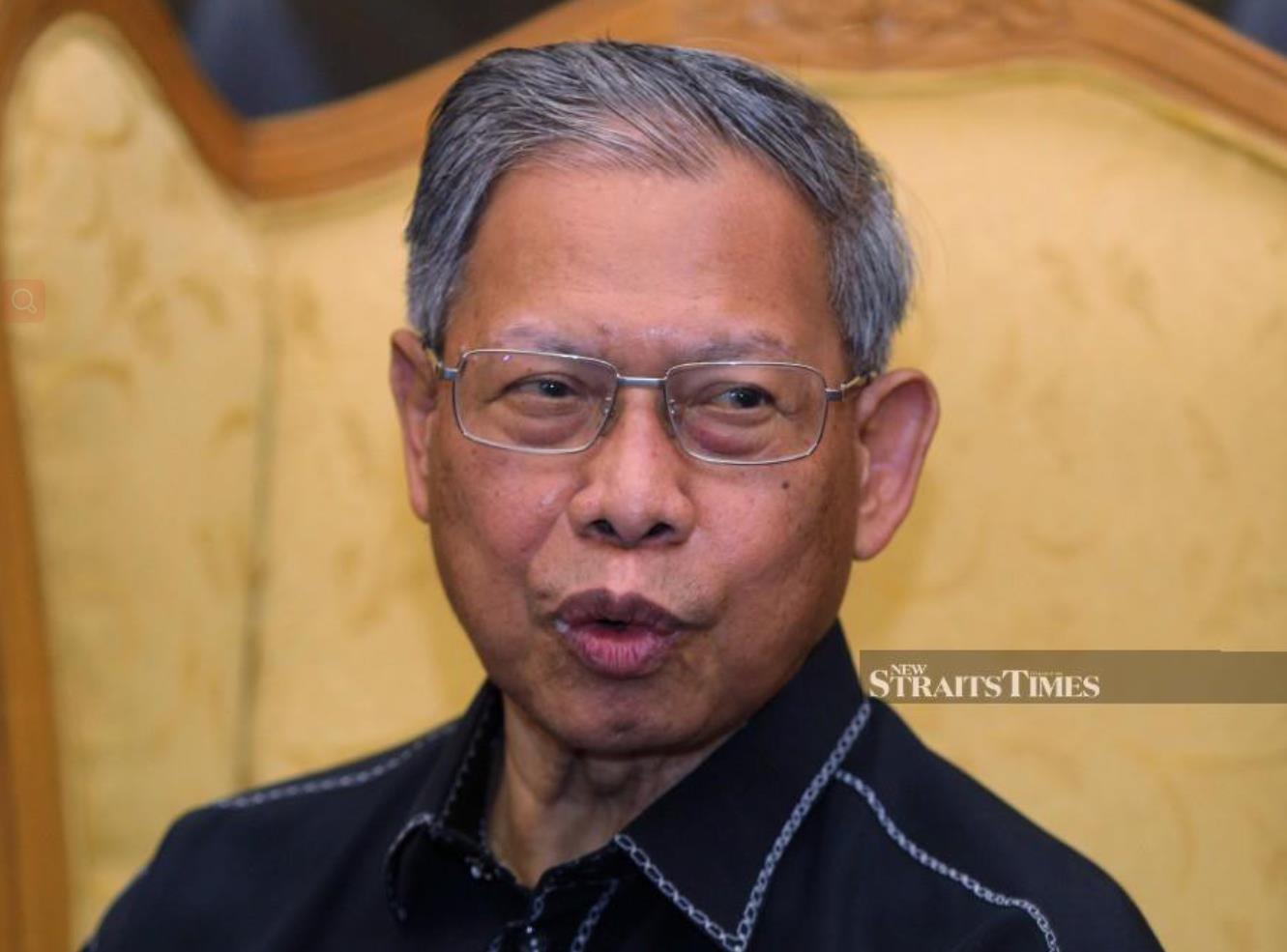Malaysia to unveil energy blueprint in H2: Mustapa Mohamed

By Ayisy Yusof - March 24, 2021 @ 10:20am
KUALA LUMPUR: Malaysia, through its Economic Planning Unit, is finalising the National Energy Policy, which is expected to be launched in the second half of this year.
Minister in the Prime Minister's Department (economic affairs) Datuk Seri Mustapa Mohamed said the blueprint entailed specific action plans to develop Malaysia's energy sector as it transitions towards a low carbon future.
"In realising the shared aspirations of oil and gas players towards a more sustainable future, continued discourse is of paramount importance.
"I am confident that collaboration and sharing of ideas, particularly in the science and technology related to the upstream sector, will facilitate oil and gas players to achieve this," Mustapa said virtually at the 13th edition of the International Petroleum Technology Conference (IPTC 2021) here today.
YOU MAY ALSO LIKE
UOBAM Malaysia unveils United Great Dragon Fund
Perodua launches sustainable blueprint, auto ecosystem
Malaysia to play more active role in gas, LNG exports: Mustapa
Petronas, CNOOC to pursue energy security, cleaner energy solutions
Themed "Progressive Collaboration and Innovative Solutions: Shaping the Future of Energy," Petroliam Nasional Bhd (Petronas) is hosting this year's IPTC 2021 together with co-hosts Mubadala Petroleum and Schlumberger.
Mustapa said the accelerating pace of energy transition would create pathways for economies and industry players, to focus on clean and sustainable energy sources.
"With countries and players, committing themselves to a net-zero carbon future, we expect to see the rapid growth of non-traditional sources of energy, including hydrogen and nature-based solutions," he added.
Te recent pandemic had accelerated energy transition with mounting pressure for the oil and gas (O&G) industry, to be more environmentally sustainable by reducing emissions across the value chain, he said.
Mustapa said there was an increasing need for industry players to demonstrate their commitment to environmental, social, and governance goals, in line with a more sustainable future.
"Notwithstanding the challenges, O&G will remain the most important source of energy for the foreseeable future," he said, adding that the International Energy Agency projected that O&G would remain the dominant fuel, even in 2040.
Mustapa said O&G would continue to make up close to 50 per cent of the energy mix, similar to the current levels.
Natural gas would play an even more critical role in facilitating energy transition, he added.
"We also need to brace ourselves for the widespread use, of cost-competitive renewables such as solar, hydrogen and wind," he said.
Mustapa said coal would not be a viable option in the future due to its detrimental environmental effects, although coal was considerably more economical.
"The costs of generating electricity from renewables, are becoming more competitive. As domestic markets mature, there will be greater opportunities, for future cost reductions in renewables," he said.
From a policy-making perspective, he said the industry has to be supported with the right ecosystem, including market-based energy pricing, fit-for-purpose policies, and attractive fiscal terms.
He said O&G was still a vital component of Malaysia's economic wealth.
On average, about 20 per cent of the nation's revenue was derived from the O&G sector from 2015 to 2020.
